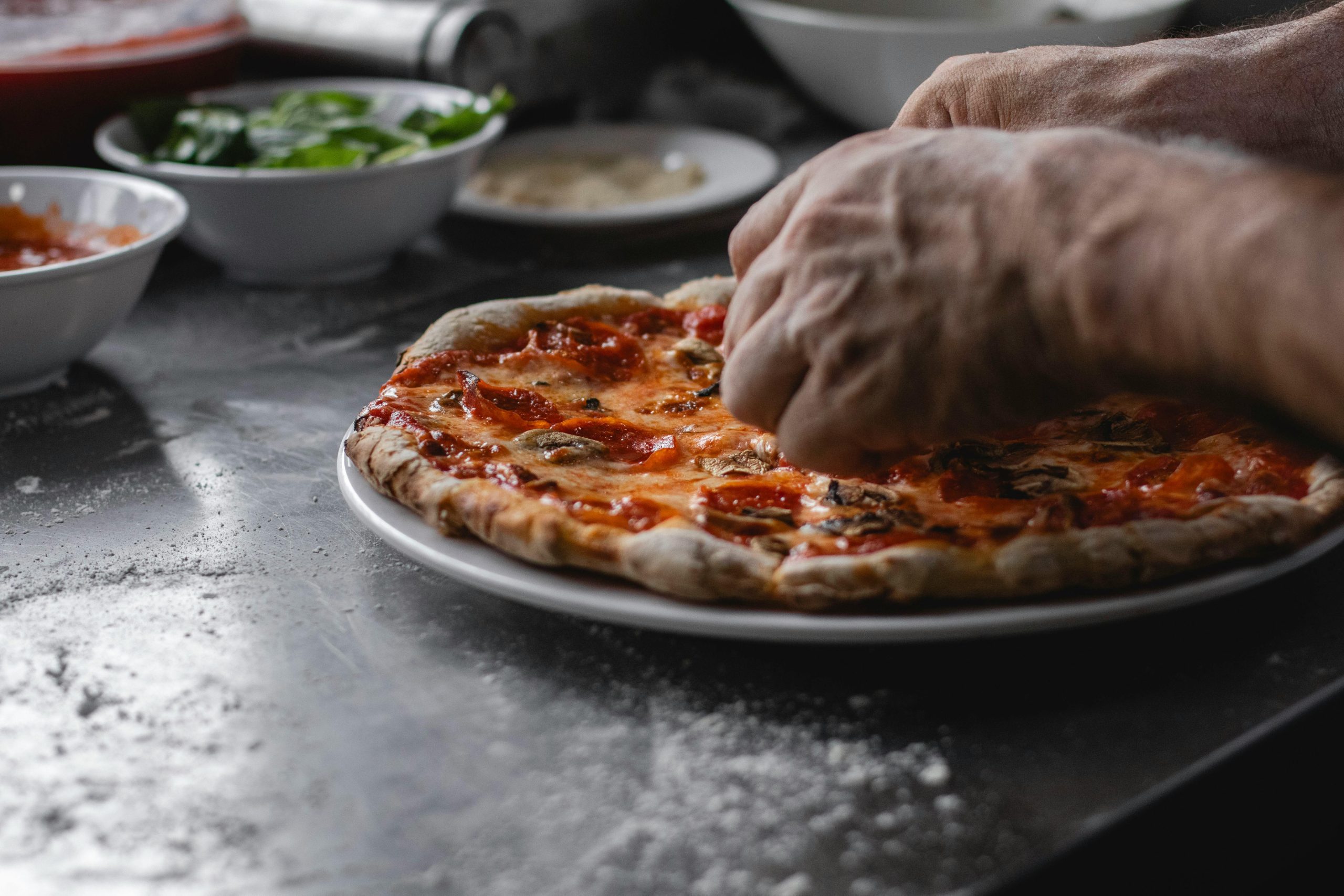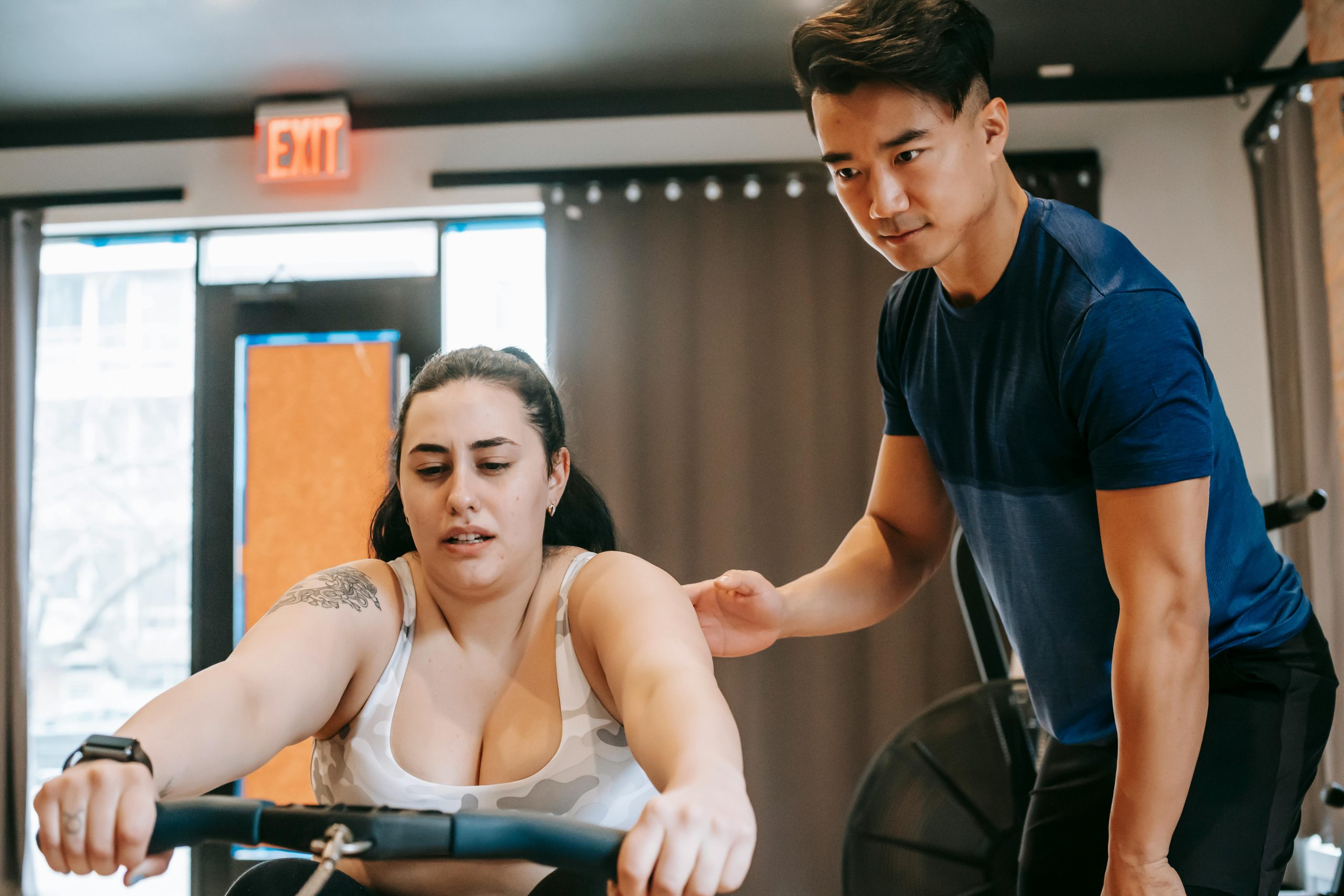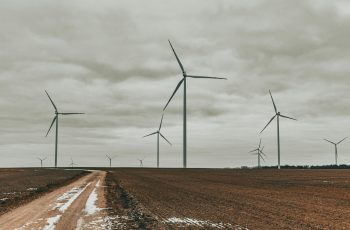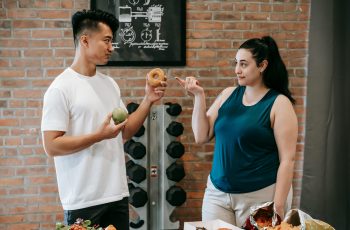Ad Blocker Detected
Our website is made possible by displaying online advertisements to our visitors. Please consider supporting us by disabling your ad blocker.
Thinking of trying out some new recipes for your next meal? Before you start, it’s important to know the difference between a pressure cooker and a slow cooker. Although they may seem similar, these kitchen gadgets have distinct features and functions that can greatly impact the outcome of your culinary creations. In this article, we will explore the key differences between pressure cookers and slow cookers, helping you understand which one is best suited for your cooking needs. So whether you prefer speedy results or crave the aromas of a slow-cooked masterpiece, read on to discover which appliance is the right fit for you.

Definition of Pressure Cooker
A pressure cooker is a versatile kitchen appliance that allows you to cook food quickly and efficiently. It is designed to create airtight conditions inside the cooking pot, which increases the pressure and raises the boiling point of water. This higher temperature and pressure help to cook food faster, while also retaining the natural flavors and nutrients.
How Pressure Cookers Work
Pressure cookers work based on the principle of trapping steam inside the cooking pot. They consist of a sturdy pot with a sealing lid that locks tightly. When the pot is heated on the stovetop or using an electric heating element, the liquid inside (usually water or broth) turns into steam. As the steam cannot escape, it builds up pressure, raising the temperature inside the pot. This high pressure and temperature cook the food quickly and thoroughly.
Benefits of Using a Pressure Cooker
There are numerous benefits to using a pressure cooker in your kitchen. Firstly, it drastically reduces cooking time compared to conventional methods. What might take hours to cook on the stovetop or in the oven can be ready in a fraction of the time using a pressure cooker. Additionally, pressure cooking helps to retain the natural flavors and textures of the ingredients, resulting in tastier and more nutritious meals. It also requires less liquid, making it a more energy-efficient cooking method. Lastly, pressure cookers are versatile and can be used for various cooking techniques, including steaming, boiling, braising, and even baking.
Common Features of Pressure Cookers
Pressure cookers come with a range of features to enhance the cooking process and ensure safety. Some common features include a pressure release valve to control the cooking pressure, a locking mechanism to prevent accidents, and a pressure indicator to indicate when the desired pressure is reached. Additionally, many pressure cookers have multiple cooking settings and preset functions for different types of food.

Definition of Slow Cooker
A slow cooker, also known as a crock-pot, is another popular kitchen appliance used for cooking meals at a lower temperature over an extended period. It works by utilizing a constant, low heat setting to cook food slowly and evenly. Slow cookers are ideal for busy individuals who want to prepare meals in advance and have them ready to enjoy when they return home.
How Slow Cookers Work
Slow cookers have a simple yet effective mechanism. The heating element at the base of the cooking pot generates heat, which gradually rises and circulates around the pot. This slow and gentle heat allows the food to cook slowly, resulting in tender, flavorful dishes. The tightly sealed lid ensures that moisture remains trapped inside, preventing the food from drying out.

Benefits of Using a Slow Cooker
Using a slow cooker offers several advantages in the kitchen. Firstly, it saves time and effort as you can simply add the ingredients, set the temperature, and let it cook for hours without constant supervision. Slow cooking also enhances the flavors, especially when used for dishes with meats and stews, as the extended cooking time allows the flavors to develop and meld together. Additionally, slow cookers can be more energy-efficient than traditional cooking methods. Lastly, the gentle heat of a slow cooker helps to tenderize tougher cuts of meat and turn them into succulent, melt-in-your-mouth meals.
Common Features of Slow Cookers
Slow cookers typically have a range of features that make them easy to use and convenient. Many models offer different temperature settings, allowing you to choose between low, high, and sometimes even a “keep warm” setting. The removable cooking pot is usually made of ceramic or a non-stick material, making cleanup a breeze. Some slow cookers come with timers or programmable settings, enabling you to set the cooking time and have the meal ready when you need it.
Key Differences between Pressure Cooker and Slow Cooker
While both pressure cookers and slow cookers are valuable kitchen appliances, there are several key differences that set them apart.
Cooking Time and Temperature
One of the primary distinctions is the cooking time and temperature. Pressure cookers use high heat and pressure to cook food rapidly, which significantly reduces the cooking time. On the other hand, slow cookers operate at a lower temperature and take several hours to fully cook a meal.
Cooking Methods
Pressure cookers are incredibly versatile and can be used for various cooking techniques, including boiling, steaming, and sautéing. Slow cookers, however, are designed specifically for slow cooking and are not suitable for techniques that require high heat.
Pressure Release
Pressure cookers require a controlled release of pressure before opening the lid. This process ensures safety and prevents accidents due to sudden pressure release. In contrast, slow cookers do not build up pressure, so there is no need for a pressure release mechanism.
Ability to Brown or Sauté Ingredients
Pressure cookers often have a browning or sautéing function, allowing you to brown meat or sauté vegetables before pressure cooking them. Slow cookers are not designed to achieve the same level of browning or sautéing.
Versatility in Cooking Techniques
Pressure cookers offer a wide range of cooking techniques and can be used for various recipes and cuisines. Slow cookers, while versatile in their own right, are primarily suited for soups, stews, and dishes that benefit from long, slow cooking.
Similarities between Pressure Cooker and Slow Cooker
Despite their differences, pressure cookers and slow cookers share several similarities.
Both are Kitchen Appliances
First and foremost, both pressure cookers and slow cookers are kitchen appliances. They are designed to make cooking easier and more convenient.
Both are Used for Cooking
Both pressure cookers and slow cookers are used for cooking meals. They are particularly popular for making soups, stews, roasts, and other slow-cooked dishes.
Both have Different Models and Sizes Available
Both types of cookers come in various models and sizes, allowing you to choose the one that best fits your needs and kitchen space.
Both Have Safety Features
Both pressure cookers and slow cookers are equipped with safety features to ensure the cooking process is safe and efficient. These features include locking mechanisms, automatic shut-off functions, and pressure release valves.
Pros and Cons of Using a Pressure Cooker
Considering the advantages and disadvantages of using a pressure cooker can help you determine if it is the right appliance for your cooking needs.
Advantages of Pressure Cookers
Pressure cookers offer numerous benefits, such as reduced cooking time, energy efficiency, and enhanced flavor and nutrition in meals. They also allow for versatile cooking techniques and are great for preparing dishes that require tenderizing tough cuts of meat. Additionally, pressure cookers can be used for canning and preserving food.
Disadvantages of Pressure Cookers
While pressure cookers have many advantages, they also have a few drawbacks. One limitation is that certain delicate ingredients, such as seafood or soft vegetables, may overcook or become mushy in a pressure cooker. Additionally, pressure cookers require careful attention to prevent overcooking or undercooking, as the high pressure and heat can quickly affect the outcome.
Examples of Dishes Best Suited for Pressure Cookers
Pressure cookers excel at preparing dishes that require tender meat, such as braised short ribs, pulled pork, or flavorful stews. They are also perfect for cooking grains, beans, and legumes in a fraction of the time it would take using traditional methods.
Pros and Cons of Using a Slow Cooker
Understanding the advantages and disadvantages of using a slow cooker can help you decide if it is the right choice for your cooking style.
Advantages of Slow Cookers
Slow cookers offer several advantages, including time-saving convenience, enhanced flavors, and the ability to tenderize tough cuts of meat. They also allow for hands-off cooking and are ideal for busy individuals or those who prefer to prepare meals in advance.
Disadvantages of Slow Cookers
While slow cookers have numerous benefits, they may not be suitable for every cooking situation. One drawback is that they require a longer cooking time, which may not be practical if you need a meal ready quickly. Slow cookers also tend to produce more liquid and may not be ideal for recipes that require specific textures or consistencies.
Examples of Dishes Best Suited for Slow Cookers
Slow cookers are perfect for recipes that benefit from a long, slow cooking time, such as chili, pot roast, or hearty soups and stews. They are also ideal for preparing dips, sauces, and desserts.
Which One Should You Choose?
When deciding between a pressure cooker and a slow cooker, there are a few considerations to keep in mind.
Considerations for Choosing a Pressure Cooker
If you prefer faster cooking times, want the ability to brown or sauté ingredients, and desire a wider range of cooking techniques, a pressure cooker might be the best choice for you. Pressure cookers are also suitable for individuals who enjoy canning or preserving food.
Considerations for Choosing a Slow Cooker
On the other hand, if you prefer the convenience of a hands-off cooking approach, have time for longer cooking times, and enjoy the flavors developed through slow cooking, a slow cooker might be the better option for you. Slow cookers are also ideal for those who want to prepare meals in advance and have them ready to enjoy later.
Factors to Consider when Deciding between the Two
When deciding between a pressure cooker and a slow cooker, consider factors such as the types of dishes you prefer to cook, the amount of time you have available for cooking, and your specific cooking needs. Both appliances offer unique benefits, so it ultimately comes down to personal preference and specific culinary requirements.
Popular Pressure Cooker Brands
There are several reputable brands that manufacture high-quality pressure cookers. Here are three popular options and their notable features:
Brand 1
- Durability: Brand 1 pressure cookers are known for their durability and long lifespan.
- Multifunctionality: Their models often have multiple cooking settings and preset functions.
- Safety Features: Brand 1 pressure cookers prioritize safety with features like automatic pressure release valves and secure locking mechanisms.
Brand 2
- Ease of Use: Brand 2 pressure cookers are designed for user-friendly operation.
- Versatility: Their models offer a wide range of cooking techniques, including browning and slow cooking.
- Size Options: Brand 2 offers pressure cookers in various sizes to suit different cooking needs.
Brand 3
- Advanced Technology: Brand 3 pressure cookers incorporate advanced technologies, such as smart programmable functions and digital displays.
- Efficiency: Their models often feature energy-saving designs and fast heating capabilities.
- Preset Programs: Brand 3 pressure cookers come with preset cooking programs for convenience.
Popular Slow Cooker Brands
Just like pressure cookers, slow cookers have reliable brands that offer quality products. Here are three popular slow cooker brands and their notable features:
Brand 1
- Temperature Control: Brand 1 slow cookers provide precise temperature control with multiple heat settings.
- Size Variety: Their models come in different sizes, allowing you to choose according to your cooking needs.
- Programmable Timers: Brand 1 slow cookers feature programmable timers, so you can set the desired cooking time and have meals ready when needed.
Brand 2
- Simplicity: Brand 2 slow cookers focus on simplicity and ease of use.
- Removable Inserts: Their models often have removable cooking inserts, making them easy to clean.
- Affordable Options: Brand 2 offers budget-friendly slow cookers without compromising on quality.
Brand 3
- Design Variety: Brand 3 slow cookers come in various designs, allowing you to choose one that matches your kitchen decor.
- Large Capacity: Their models offer larger cooking capacities, making them suitable for larger families or gatherings.
- Extended Warming Function: Brand 3 slow cookers have extended warming functions, ensuring your meal stays hot even after it’s done cooking.
Conclusion
In conclusion, pressure cookers and slow cookers are distinct kitchen appliances that offer unique cooking experiences. Pressure cookers provide fast and efficient cooking while retaining flavor and nutrients. Slow cookers, on the other hand, offer convenience and the ability to develop rich flavors over extended cooking times. Choosing between the two depends on factors such as cooking preferences, time constraints, and desired cooking methods.
Regardless of the choice, both pressure cookers and slow cookers can greatly enhance your cooking routine and help you prepare delicious, hearty meals. It’s important to consider your individual needs and preferences when selecting a specific brand or model. By weighing the pros and cons, exploring different features, and considering popular brands, you can confidently choose the right appliance for your kitchen. Happy cooking!

